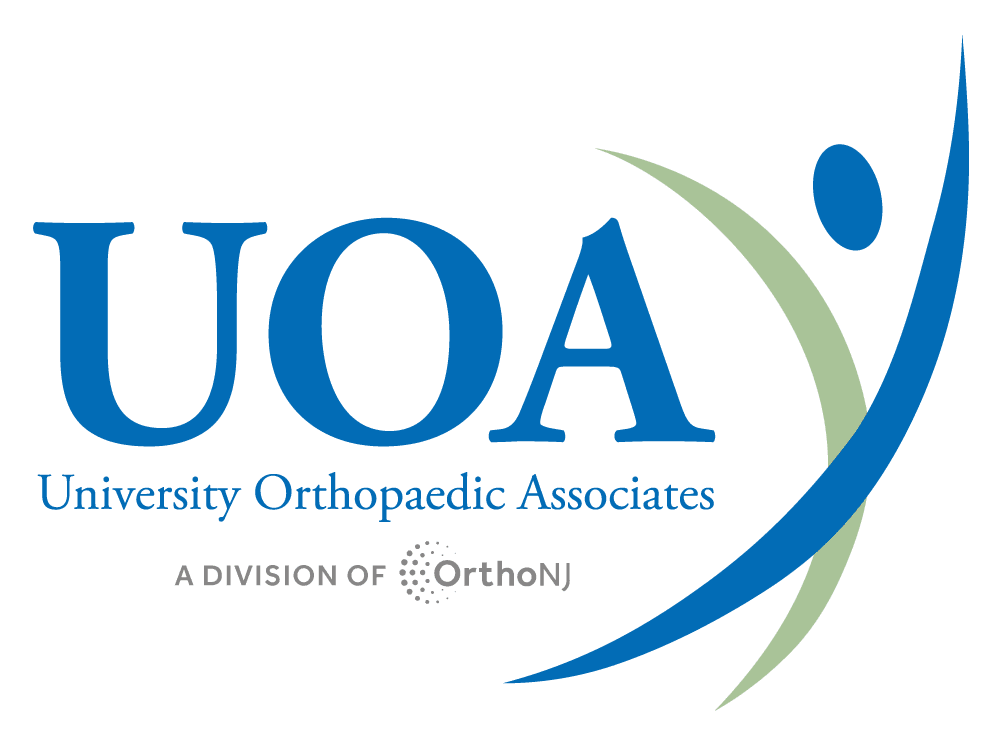A tibial plateau fracture is a break that occurs in the flat, upper part of the tibia, which is the bone that runs from the knee to the ankle. The goal of treatment for this type of fracture is to realign the cartilage surface and stabilize the joint so you can regain full mobility.
A fracture in the tibial plateau usually occurs when the femur, or lower end of the thigh bone, is pushed into it. This can cause the tibial plateau bone to compress and/ or split. Other ligament injuries around the knee are also common with these injuries and should be evaluated closely.
This type of fracture can affect the stability, alignment, and movement of the knee. This injury is treated by orthopaedic specialists, who may use a combination of nonsurgical and surgical methods to repair the fracture and limit the risk of future arthritis in the joint.
Symptoms of a Tibial Plateau Fracture
The most common symptoms of a tibial plateau fracture are pain and swelling in the knee.
Other symptoms may include:
- Pain in the knee that gets worse when weight is applied
- Deformity of the knee
- Inability to weight bear on the leg
- Limited range of motion
Causes of a Tibial Plateau Fracture
Most tibial plateau fractures are caused by an injury or trauma, such as from an auto or motorcycle accident, contact sports, or activities like skiing and horseback riding. In some instances, with osteoporosis, a simple fall from standing may lead to a tibial plateau fracture. Low-energy fractures are more common in older adults, while high-energy fractures are more common in younger individuals due to their higher activity levels.
Treatment Options
The type of tibial plateau fracture treatment you receive usually depends on the exact location of the break. Surgical and nonsurgical treatments are available for these fractures.
Nonsurgical treatments include:
- Rest
- Crutches
- Pain medication
- Immobilization using a cast or brace
- Physical therapy
Surgical treatments include:
- External fixator
- Plate and/or screws
An external fixator, or external fixation, is a procedure in which an orthopaedic surgeon makes several tiny incisions near the tibial plateau and inserts metal pins into the bone to stabilize the joint. These pins are attached to an external frame that fits around the leg. Often this is done when swelling around the knee is too severe for definitive fixation and to stabilize the injury in a temporary fashion. At a second surgery, the external fixator pins are removed. Then the tibial plateau fracture is fixed by re-aligning the joint surface and holding the bone together with plates and screws to heal in the appropriate alignment.
This surgery is typically performed as an inpatient procedure but can be done as an outpatient for more simple and isolated injury patterns.
Recovery
Tibial plateau fracture recovery usually lasts between three and four months. Steps you can take to increase your chances of having a full, speedy recovery include avoiding weight-bearing activities that put pressure on the knee, not smoking, and managing conditions like diabetes that can potentially delay healing. During your recovery period, you may need to use assistive devices like crutches, a walker, or a wheelchair.
Most patients recovering from these types of fractures usually start feeling more comfortable after six weeks and can resume their usual activities after four months. Taking it easy and getting plenty of rest after surgery can help you regain full functionality and range of motion and reduce your risk of developing post-traumatic arthritis in the injured knee.
UOA offers trauma surgery and fracture care services, including those for patients with tibial plateau fractures. Contact UOA today to request an appointment if you need treatment for any type of orthopaedic injury.




